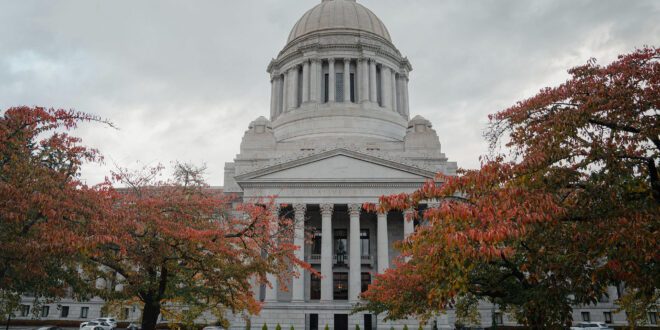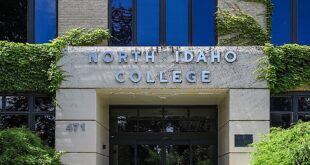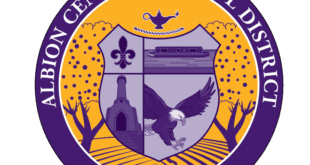Washington State Legislature Works to Address Labor Market Challenges in Latest Budget Proposals
Since January, leaders in the Democratic-controlled Legislature have said one focus of this year’s 105-day session is to address a labor market that was discombobulated by the COVID-19 pandemic and other societal shifts. The state has long been short of some workers, like staff for mental-health facilities and, more recently, ferry workers and state troopers. Meanwhile, privately run facilities that are reimbursed by the state government – such as assisted living and skilled nursing facilities – have also struggled to find employees.
The proposed House budget would spend nearly $70 billion over the next two years, an increase from the $59 billion budget plan approved two years ago. Among other things, it would expand the number of K-12 schools providing free breakfast and put $172 million toward boosting special education in K-12 schools. The House budget also makes room to make debt payments in the event the Legislature approves – and voters in November ratify – a $4 billion bond proposal put forward by Gov. Jay Inslee to fund affordable-housing construction.
Similarly, the proposed Senate operating budget released last week puts more than $2 billion into state employee raises and increases funding for care facilities. That Senate proposal boosts the special-education budget by a larger amount than the House plan, with an increase of $372 million for school districts across the state. It includes an additional $100 million to help schools provide transportation for students with special needs, those experiencing homelessness and foster children, according to Sen. Christine Rolfes, D-Bainbridge Island.
The proposals by House and Senate budget writers come after Gov. Jay Inslee in December released his own $70 billion spending plan. Now Democratic negotiators will sit down to hammer out a compromise among the three proposals by April 23, the scheduled end of the legislative session.
Economy Facing Unique Crosswinds as State Negotiates Budget
This budget negotiation is happening in an economy facing a set of unique crosswinds: the labor shortage, inflation and actions by the federal government to tame cost increases. A recent state revenue forecast has shown Washington state tax collections are currently steady, but are expected to begin to soften in the coming years.
“It’s an ambitious, solid budget, and people are nervous about the economy,” said Rolfes, the chief Democratic Senate budget writer, of the upper chamber’s proposal. “And the budget is setting aside the reserves to address that.”
In a statement last week, Senate Minority Leader John Braun, R-Centralia, praised the Democratic Senate proposal for its special-education funding boost.
“So many kids do not have advocates in their lives to monitor their progress and insist on proper planning and implementation of strategies to meet their needs,” Braun said in prepared remarks. “The tragedy of that is felt even more strongly among kids receiving special-education assistance. Among other enhancements for special education, this budget would provide money to ensure every child in Washington’s special-education programs would have an advocate. It could be a game-changer for many of our students.”
 Mind Uncharted Explore. Discover. Learn.
Mind Uncharted Explore. Discover. Learn.


